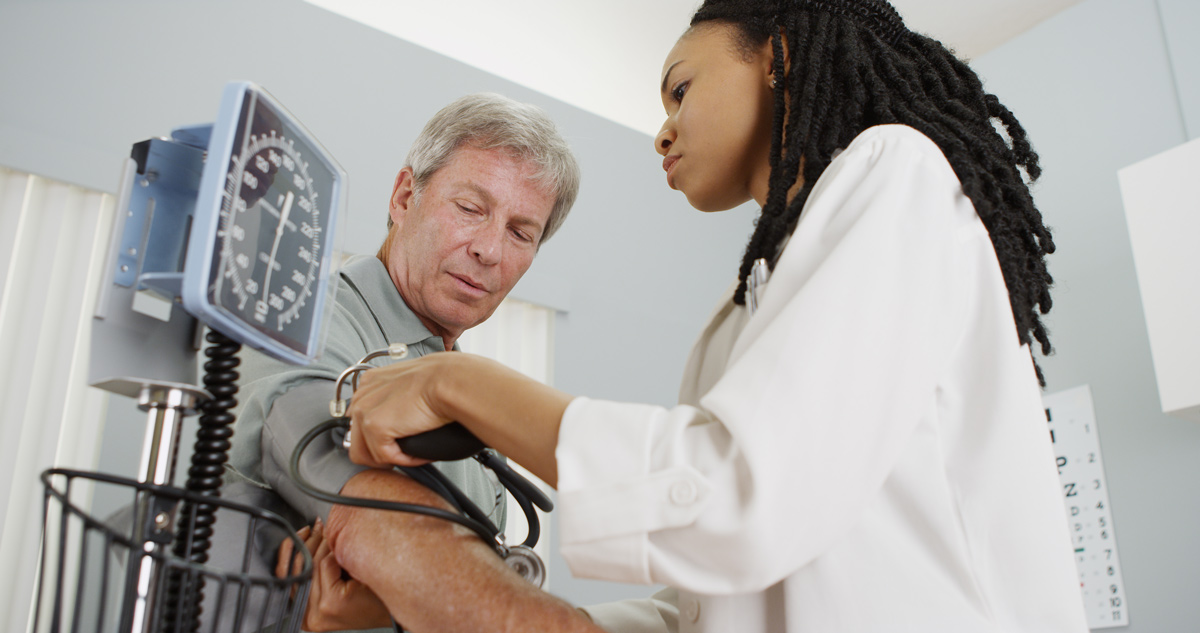
This 184-hour program prepares Clinical Medical Assistant students to perform skills in the medical office setting. Clinical medical assistants perform routine clinical tasks to keep the offices of physicians, podiatrists, chiropractors and optometrists running smoothly. It requires 136 classroom hours and 48 hours of a clinical externship.
Students perform clinical procedures, including administering medications, assisting with minor surgery, performing an electrocardiogram, obtaining laboratory specimens for on-site testing, educating patients and maintaining clinical equipment in an ambulatory care setting. Clinical duties may include taking/recording medical histories and vital signs, explaining treatment procedures to patients, preparing patients for examination and assisting the physician during the examination.
This program will provide the necessary training and skills required to challenge the National Healthcareer Association (NHA) Certified Clinical Medical Assistant (CCMA) national examination.
Information is subject to change based on industry, facility, or institution requirements.
Cost of program is $2,330. Tuition must be paid in full by the first day of class.
Additional costs include an online background check ($42, payable by student), drug screening ($40, payable by student), compliance tracker ($30, payable by student), textbooks, and supplies.
Check Eligibility for Licensing Exams
Students who have a felony conviction should check with the Program Manager of their program to determine if a licensing exam is required to be employed. Some examples include, but are not limited to, education, nursing, cosmetology, and technology programs. Legislative changes, specifically, HB 1508 from the 85th Texas legislative session section 53.151 (2017), require notification to applicants and enrollees regarding the consequences of a criminal conviction on eligibility for an occupational license. Students may be ineligible for an occupational license upon completion of a program due to prior convictions.
HB 1508
Students who have a felony conviction should check with the Program Manager of their program to determine if a licensing exam is required to be employed Some examples include but are not limited to education, nursing, cosmetology, and technology programs. Legislative changes, specifically, HB 1508 from the 85th Texas legislative session section 53.151 (2017), require notification to applicants and enrollees regarding the consequences of a criminal conviction on eligibility for an occupational license. Students may be ineligible for an occupational license upon completion of a program because of prior convictions.

